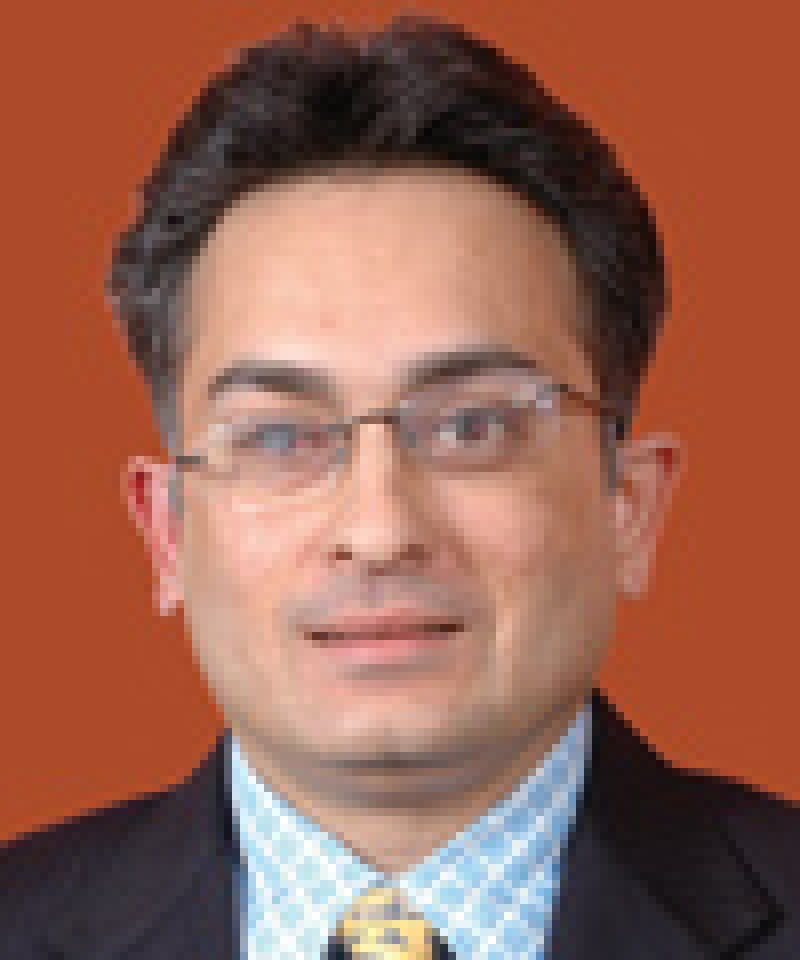
|

|
|
Rajendra Nayak |
Aastha Jain |
Convergys Customer Management Group (Convergys), a US tax resident, was engaged in providing information technology enabled customer management services by utilising advanced information system capabilities, human resource management skills and industry experience. Convergys had a subsidiary in India, IndCo, which provided back office support services to it on a principal-to-principal basis. Certain employees of Convergys frequently visited the premises of IndCo to provide supervision, direction and control over its business operations.
Further, Convergys availed a packaged application software which was used by various group companies, including IndCo and a proportion of the licence cost of software was cross charged by Convergys to IndCo.
Similarly, certain link charges were incurred by Convergys in relation with using leased lines (undersea cables) for communication with customers, and a proportion of the cost was cross charged to IndCo. The Delhi Income Tax Appellate Tribunal adjudicated on whether Convergys constituted a permanent establishment (PE) in India, attribution of profits to such PE, taxability of software payments and link charges as "royalty" under the India-US double taxation avoidance agreement (DTAA).
The Tribunal observed that IndCo was a projection of Convergys's business in India as it operated under the control and guidance of Convergys without assuming any significant risks by itself.
Further, Convergys's employees worked in key positions such as country head, managing director of IndCo, and they had a fixed place at their disposal in IndCo's premises. Accordingly, Convergys had a fixed place PE in India.
On attribution of profits to such PE, it was acknowledged that since IndCo was remunerated based on a transfer pricing analysis, no further profits could be attributed to the PE. However, the Tribunal thereafter adopted a formulary apportionment approach for attribution of residual profits to the PE.
On the issues under royalty taxation, the Tribunal relied on an earlier ruling of the Delhi High Court in the case of Ericsson AB [343 ITR 470] and observed that the consideration paid for the software would amount to acquisition of a copyrighted article and not a copyright in the software. Further, link changes were paid for availing a service from the telecom service providers by Convergys / Ind Co.
It did not have any control or possession over the equipment used in the process which primarily rested with the service provider. It was held that payments made by IndCo for software and link charges do not constitute royalty under the provisions of the DTAA. Further, such payments were in the nature of reimbursement of expenses and hence, not taxable in the hands of Convergys.
Rajendra Nayak (rajendra.nayak@in.ey.com) and Aastha Jain (aastha.jain@in.ey.com)
Ernst & Young
Tel: +91 80 4027 5275
Website: www.ey.com/india









